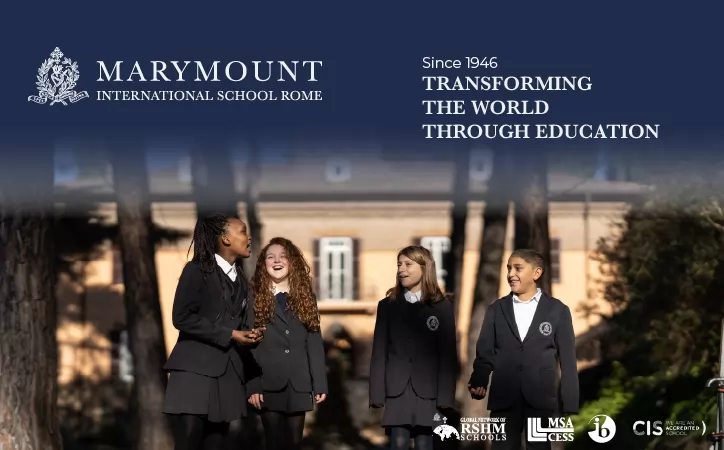On the quest for inner peace
Nam-myoho-renge-kyo is not a magic spell, though it sounds like one and seems to work like one. This exotic-sounding string of words is the core of the doctrine of the 13th-century Buddhist sage, Nichiren Daishonin, who based his teaching on the Lotus Sutra. This is one of the main texts of sacred Buddhist literature, which proclaims that all living things have the potential to obtain the enlightenment of Buddhahood, and that each problem carries its own solution, each wish its granting.
Through the practice of daimoku, the chanting of Nam-myoho-renge-kyo, members are gradually able to find their inner peace and tune in with the law of the universe (as a rough translation of the sentence would indicate), a powerful though invisible force which harmoniously links all existing forms of life.
Nichirens teaching is followed by an organisation founded in Japan in the 1930s called Soka Gakkai International (SGI). It boasts approximately 30,000 members and eleven centres in Italy. In Rome about 5,000 people belong to the movement.
Collective activity is one of SGIs focal points. Though its Roman headquarters are situated in a peaceful farmhouse on Via della Marcigliana in north-east Rome, associates are also encouraged to meet regularly in each others homes for advice, dialogue and, of course, to chant. These reunions, which usually take place on the first and third Thursday of the month, have the aim of introducing newcomers and of favouring local interaction, explained Roberto Minganti, chief editor of Buddismo e Societ magazine.
The centre is set amid beautiful countryside, and is designed to accommodate the needs of visitors with families. People who call in at weekends can take their children along and let them play in the open air. The well-tended grounds around the spartan barn-like structure seem to symbolise the feeling of peace from which all members of the association claim to benefit. Inside the building, a long, high-ceilinged room hosts the precious Gohonzon, a parchment or holy mandala that contains the writings of Nichiren, before which daimoku is recited. At the beginning most practitioners chant for particular goals, but later the phrase is intoned to express faith in the eternal aspect of life and in transformation. Awareness of the ability to influence and change our spiritual and physical environment is reached by acknowledging the simultaneity of cause and effect; every action and thought has an immediate effect on our surroundings, hence we are, in every moment, masters of our destiny.
The SGI started off life as the Soka Kyoiku Gakkai, the Educational society for the creation of value, in 1930. Founded by two Japanese school teachers, Makiguchi and Toda, who had recently converted to Buddhism, its primary purpose was to prod youths towards having an open, creative attitude to learning. However, before long the two professors found that an educational reform aimed at creating free, contented people was very much in line with Nichirens vision of Buddhism, and they began to spread his creed as part of their mission. The Soka Kyoiku Gakkai (which later dropped the Kyoiku to become Soka Gakkai, Society for the creation of value) soon proved that its interest lay not only in the wellbeing of its flock but in that of humanity at large. It took part in a number of peace campaigns, and in 1957 Toda gave a memorable speech condemning nuclear weapons. Since then the association has been promoting fundraising initiatives for refugees and to provide food, medicine and education in third world countries. In 1981 it became a United Nations registered non-governmental organisation and in 1983 its current president, Daisaku Ikeda, was given a UN peace award.
In Italy, SGIs social activities are centred on the three fundamental objectives of peace, culture and education. A recent exhibition at Trajans Markets, Citt dei diritti umani, was dedicated to human rights and was visited by over 16,000 people, most of whom were school children. Soka Gakkai guides accompanied groups of young students on their trip to the exhibition, and experts and activists were at hand to answer questions. The children were also invited to write letters expressing their opinions and impressions to Romes mayor Walter Veltroni. We are now working to achieve the introduction of the teaching of human rights in schools, said Minganti. The number of signatures we gathered at the exhibition was more than we were hoping for and we have now handed them over to parliament. Another 700,000 signatures have also been collected, in collaboration with the community of S. Egidio, against the death penalty.
Nonetheless, SGI is still largely unknown in Italy, though it has recently received some attention through its glitterati members, above all football player Roberto Baggio. Most people who join the Buddhist community first hear of it by word of mouth or are acquainted with someone who attends the intimate meetings in SGI associates homes. After six months of regular practice, membership can be obtained, but Minganti pointed out that this should happen only after making a serene but well-deliberated choice. That said, anyone who wishes can join Soka Gakkai.
Istituto Buddista Italiano Soka Gakkai
Via della Marcigliana 562, tel. 06872861, www.sgi-italia.org.





















